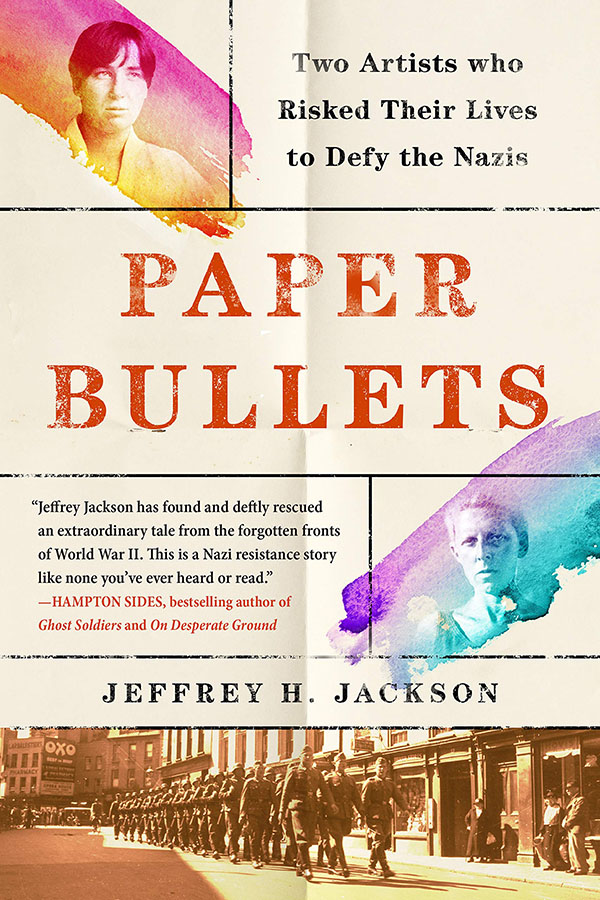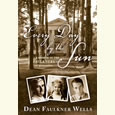Ghosts, Living and Dead
Ed Tarkington talks with Chapter 16 about his debut novel, a coming-of-age story set to the soundtrack of the ‘70s
Only Love Can Break Your Heart wasn’t the debut novel Ed Tarkington had in mind when he first started writing in earnest. But after turning out a very different novel that never found a publisher, Tarkington finally found his voice by mining his own family’s experiences. The protagonist of the resulting coming-of-age novel, Rocky Askew, is a boy growing up in a fractured upper-middle-class family in southern Virginia during the late 1970s. When Rocky’s older brother Paul goes missing, it is just another in a string of abandonments that haunt the Askew family and those who are close to them.
 Glen Rose copy_0.jpg) Chapter 16: The narrator of Only Love Can Break Your Heart is Rocky, Richard Askew Jr. Even though he’s a junior, he’s the second son and likely second in his father’s heart.
Chapter 16: The narrator of Only Love Can Break Your Heart is Rocky, Richard Askew Jr. Even though he’s a junior, he’s the second son and likely second in his father’s heart.
Ed Tarkington: I think so, to some extent. When I conceived the characters, I imagined that the father has a lot of intense associations with the first son, Paul, for obvious reasons, and also because of the experiences they went through together before Rocky was born. Paul lost his sister. His mother went through a terrible time with alcoholism and abandoned the family, and so the father and Paul lived together alone for a long time, like bachelor roommates. A lot of what I’m trying to achieve in the book is to show how it feels to look through the eyes of a child who’s really not aware of what’s going on and alert to these differences or conditions in his family life.
Chapter 16: His older half-brother Paul is a big fan of what at that time is already starting to be known as classic rock. He’s about five or six years behind the times as the novel opens, and the name of the book itself comes from a Neil Young song.
Tarkington: My half-sister gave me the first two records that I ever owned that weren’t storybook records: The Best of The Doobie Brothers and Crosby, Stills, Nash & Young’s So Far. I would just listen to those Neil Young songs over and over, so when I started writing this story, this was the soundtrack in my head. I imagined my characters being these unrepentant nostalgics who were just holding on to this music and completely rejecting everything new.
Chapter 16: Every single character in the book seems to be dealing with heartbreak.
Tarkington: Sure, but who doesn’t? I really wanted to write about emotions, those really human, small moments. The book that I wrote before, which I wasn’t ever able to sell, was kind of a Breaking Bad-type of Cormac McCarthy western, but I realized after that one that I felt like I was writing away from what was really important to me. I was trying to be Robert Stone, Dennis Johnson, or Bob Shacochis. Where I am is in these kind of small moments. My obsession is memory and heartbreak.
Chapter 16: When I saw that Bob Shacochis was your mentor at Florida State, I thought, “Wow, Ed fell really far from the tree,” because Shacochis deals with these huge historical themes, and you’ve done this really personal thing.
Tarkington: I definitely was trying hard, when I was directly under Bob’s wing, to do the kind of writing he does. I really, really adore and revere Bob. I really do think he’s a genius. But I realized after a while that I had to find my own voice and become my own writer. Bob’s writing about politics and about all of these swirling forces around the world, but when you look at his fiction and you look at it closely, what it really all comes down to is the same stuff: it’s family. The most powerful institution in anyone’s life is the family. So I think that Bob would agree with me that domestic fiction has the same importance and gravity in our understanding of this big thing we call the human experience as the other thing does. We need them both.
To download a podcast of the full interview—or to listen online—click here. To watch a video excerpt, click the play button below. To read novelist Amy Greene’s review of Only Love Can Break Your Heart for Chapter 16, click here.

Stephen Usery is the producer of Book Talk, an author-interview program that airs daily on WYPL FM 89.3, a service of the Memphis Public Library and Information Center. He lives in Memphis.





